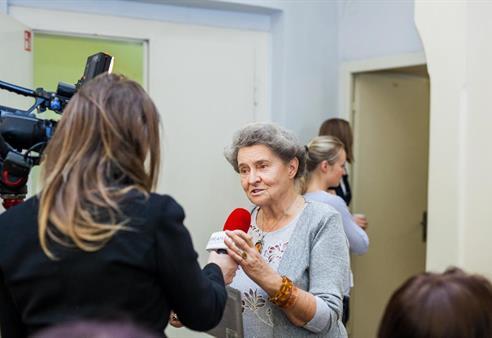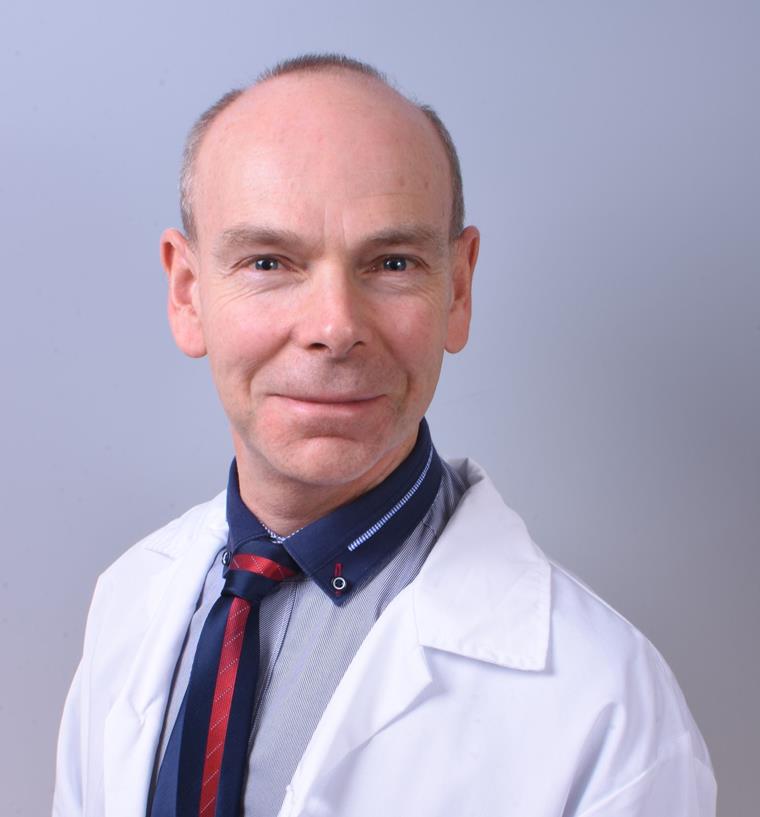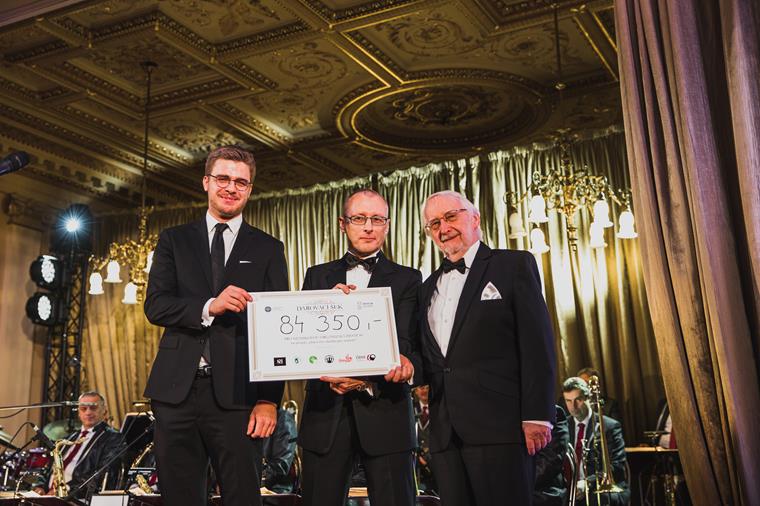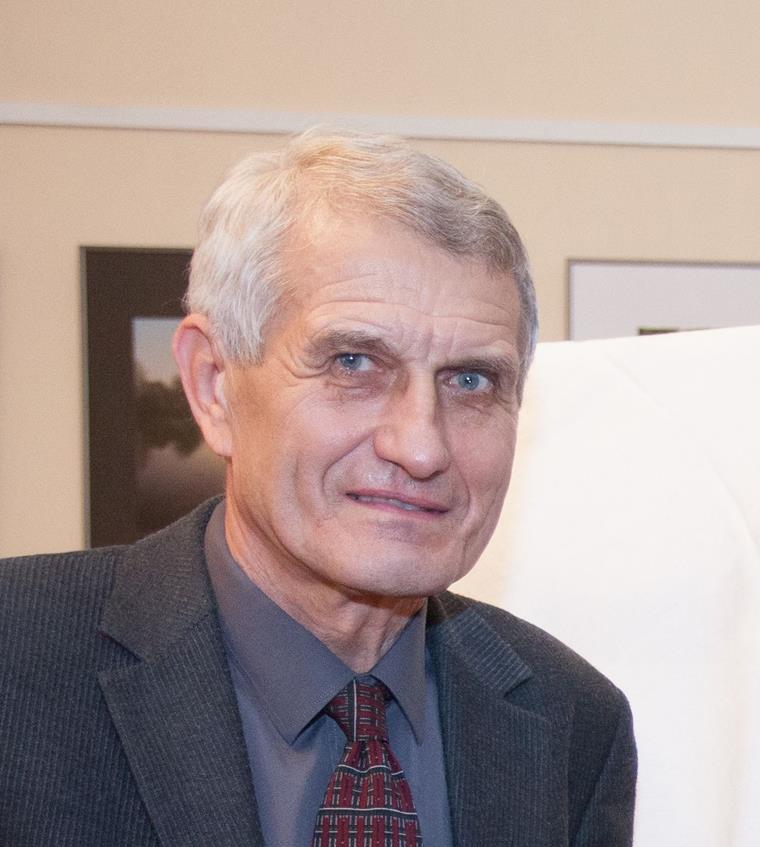We Are Here To Help You
Do you need help or information and you don’t know who to turn to?
Contact us!Do you need help or information and you don’t know who to turn to?
Contact us!
Do you have a subject of interest to the media and would you like some help with mediating contacts at our faculty? Get in touch with our spokesperson, Petra Klusáková. Further information available here.

Are you interested in the most up-to-date news about the 1st Faculty of Medicine of the Charles University? You can read all the relevant press releases from science and education here.

The logo is a registered trademark of the 1st Faculty of Medicine and it can only be used with a permission. Further information available here.

The faculty is not only about lectures, pouring over books, and studying for exams. It is also about the life around it, about people, students and teachers. Further information available here.
 (Prague, 12 November 2018) Scientists from the 1st Faculty of Medicine of the Charles University used the protein osteopontin to improve the diagnostics and enable less invasive testing of patients suffering from cirrhosis of the liver.
(Prague, 12 November 2018) Scientists from the 1st Faculty of Medicine of the Charles University used the protein osteopontin to improve the diagnostics and enable less invasive testing of patients suffering from cirrhosis of the liver.
 (Prague, 18
January 2019) After last year’s successful charity concert organised to support
palliative care for children, student associations of the 1st
Faculty of Medicine have again decided to initiate a benefit event. This time,
they wanted to draw attention to senior citizens, who are an often overlooked
part of our society. They decided to raise funds for Život 90 (Life 90), a
non-profit organisation which has been offering a wide range of services to
seniors and their families with the aim of improving their quality of life for
the past 28 years. Since 1995, this organisation runs a community centre for
senior citizens and their families and friends in the centre of Prague, offers
information and advice, manages a help line, offers emergency, nursing, and
respite care, and operates a day care centre.
(Prague, 18
January 2019) After last year’s successful charity concert organised to support
palliative care for children, student associations of the 1st
Faculty of Medicine have again decided to initiate a benefit event. This time,
they wanted to draw attention to senior citizens, who are an often overlooked
part of our society. They decided to raise funds for Život 90 (Life 90), a
non-profit organisation which has been offering a wide range of services to
seniors and their families with the aim of improving their quality of life for
the past 28 years. Since 1995, this organisation runs a community centre for
senior citizens and their families and friends in the centre of Prague, offers
information and advice, manages a help line, offers emergency, nursing, and
respite care, and operates a day care centre.
 (Prague, 11 December 2018) Although the average life expectancy rises all over the world, large part of this increase consists of years spent in poor health. According to a World Health Organisation’s global study on the Global Burden of Disease, which describes how people are disabled by various diseases and measures disability-adjusted life years (DALY), current society is characterised by a wave of violence and epidemics of non-contagious diseases. Chief among these diseases are high blood pressure, smoking, high glycaemia, high body mass index, and neuropsychiatric diseases, especially depression. On a global scale, affective disorders (depressions, mania, bipolar disorder) form the third most frequent cause of disability.
(Prague, 11 December 2018) Although the average life expectancy rises all over the world, large part of this increase consists of years spent in poor health. According to a World Health Organisation’s global study on the Global Burden of Disease, which describes how people are disabled by various diseases and measures disability-adjusted life years (DALY), current society is characterised by a wave of violence and epidemics of non-contagious diseases. Chief among these diseases are high blood pressure, smoking, high glycaemia, high body mass index, and neuropsychiatric diseases, especially depression. On a global scale, affective disorders (depressions, mania, bipolar disorder) form the third most frequent cause of disability.